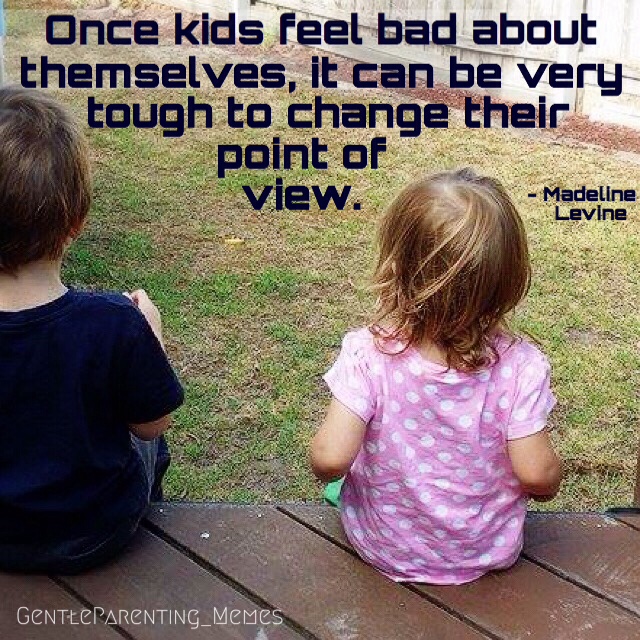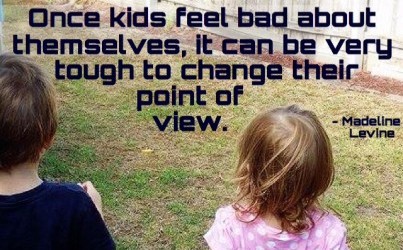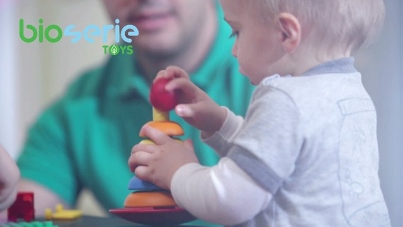Recently, my 4 year old boy was trying to figure out a way to explain his love for me, but he wanted it to be bigger and better than his usual “I love you”. So he instigated a special conversation about how much I love him. Whether I still love him when he’s “unhelpful”. Whether I still love him when I feel frustrated or angry. I told him “I always love you, no matter what. I love you all the time.”
A few minutes later my darling boy came to me and proclaimed, “Mummy, I love you all the time and I love all of you!” A beautiful moment I’ll never forget.
It got me thinking about how easy it is for children to decide that love is conditional. My boy had questioned whether I loved him less because he may not have been helpful, or because I was feeling frustrated with the situation he happened to be involved in. Did my short and sharp tone mean I loved him less? In his mind, quite possibly. In my mind, definitely not. I’m still learning how to communicate with him so he doesn’t feel bad but just understands his actions and the impact they have on me or others. It’s practically impossible to do 100% of the time. I try my best to let him know that, no matter what, I love him. I love EVERYTHING about him. He has every right to be who he is.
As a parent, it’s my job to guide him on his journey, not control him. These early, developmental years also create their inner thoughts about their world and themselves. Inner thoughts that stick for life.

“Gentle parenting requires parental self-control, because you have to take a step back, think and ask “what is my child’s behavior communicating in this moment?” and “what can I do differently to prevent this behavior next time?” – Rebecca English.
HOW can we support them, as the unique human beings they are, as well as help them to create healthy thoughts, feelings and behaviors?…
- We can begin by avoiding the use of punishments and rewards. Both are used to manipulate their behavior and tells a child, your love is conditional. Punishing teaches nothing but FEAR of punishment and fear of you. Rewards breed the idea they are ‘not good enough’, if they fail.
- Respect them by explaining things more. It takes just 30 more seconds to get to their level and expand on something.
- Remove judgements from our conversations and describe the behavior, not the child. Calmly express how their behavior is making you feel and what you think the better option would be. Ask for their ideas too and keep them involved in decision making.
- Give them choices, rather than trying to control them. (“Do you want to brush your teeth before you put your shoes on, or after?”)
- Remember they are learning, just as we are. Don’t hold them to a higher standard than we hold ourselves. They’re may not be physically or emotionally capable of what we are expecting. Connections to the brain take time to develop.
- Setting clear boundaries with calm reminders. Take the time to talk through situations to help them understand and learn, repeatedly.
- EMPATHY is possibly the most effective gentle parenting tool. In moments when they’re upset, frustrated or angry, they need to feel understood, to feel calmer. (“I can see you’re upset that we have to leave the playground. The playground is so much fun. We will definitely come back another day. Would you like a hug?”)
- CONNECTION is vital in our relationships. To gain mutual trust and respect we must connect with our children. Spend quality time together, interacting with and understanding them.
- We can express our love for them, regardless of their behavior. Love should never be withdrawn as a way to manipulate them. When they are most upset, is when they need our love the most. What need isn’t being met?

“… I love all of you.” I can’t even say that about myself, I wish I could! Who doesn’t want to feel proud of who they are, in their entire form? I would love that because not only would I love myself more but I’d feel more deserving of others loving me too.
Who we are and what we say about ourselves also impacts our children. If I express my dislike of my body to my children, they too will begin to critique their bodies. However, if I eat better and do more exercise, it’s setting a much healthier example, rather than harsh and pointless self-criticism. If we want our children to feel happy within themselves, they need us to be that with ourselves too.
My biggest wish is that my boy knows he is loved and feels loved for every part of his amazing self. He is then more likely to love himself, let others love him AND love others wholeheartedly, for all their unique qualities and differences.



